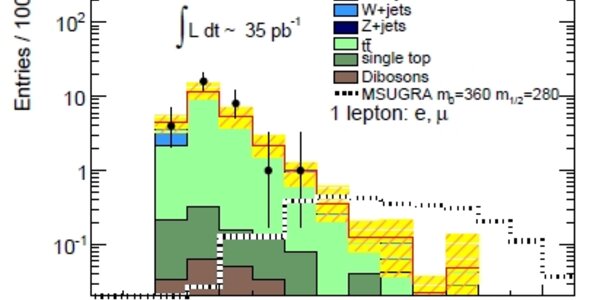Light - The Ultimate Measure That Isn’t
Quantum physics and Einstein’s relativity theory, in theory as well as experiment, are extremely concerned with light and its photons. Why should fundamental science be obsessed with something so feeble? Well, it could not be any other way! Science is about what we can (experimentally) observe. As physics advances, it must be expected to be more and more concerned about the most reliable way to measure. It must investigate observation as such.
If you measure a length with a wooden ruler, also called straightedge, you know the ruler may bend in moist and warm weather. It shrinks in a dry spell…







